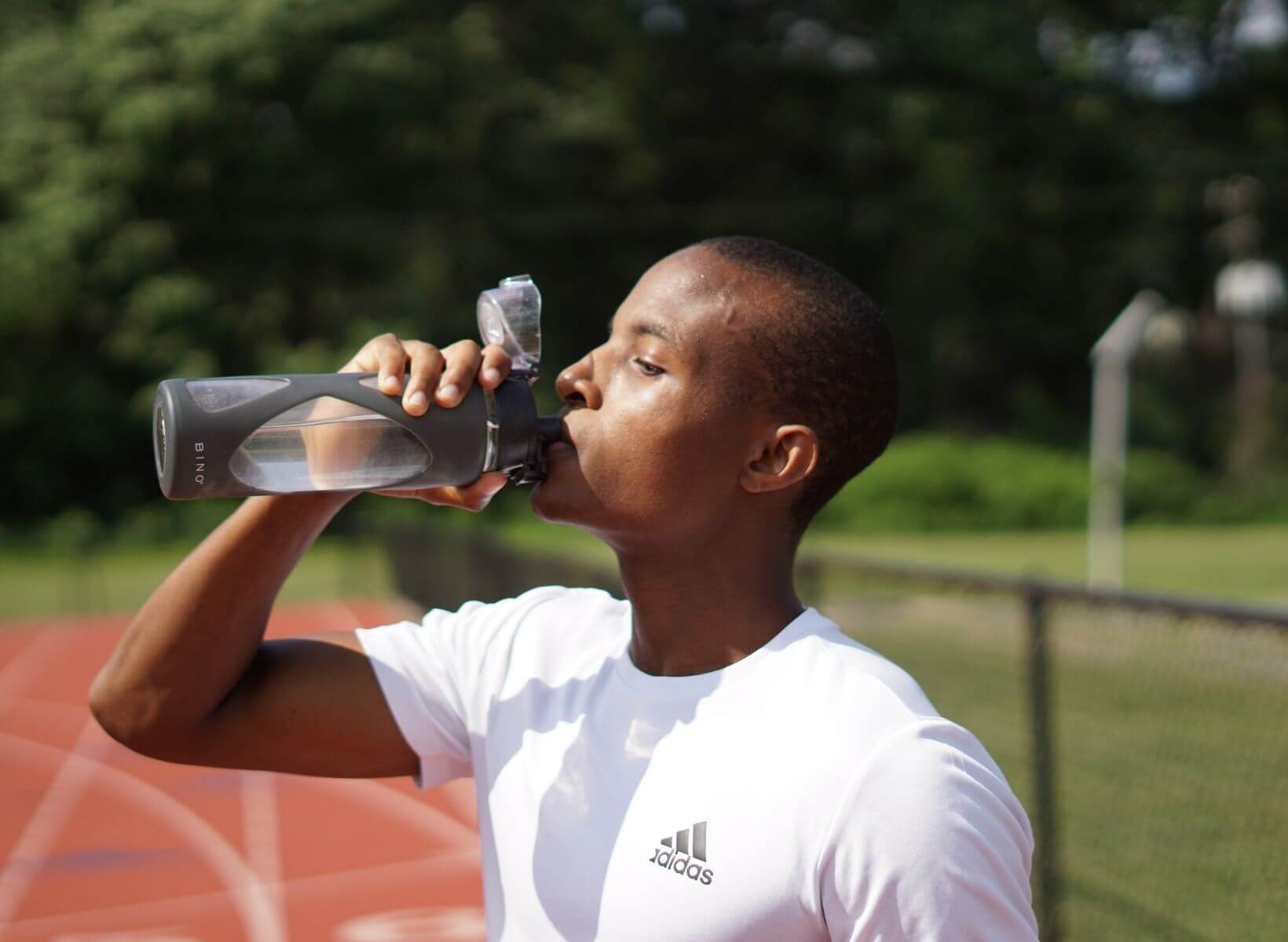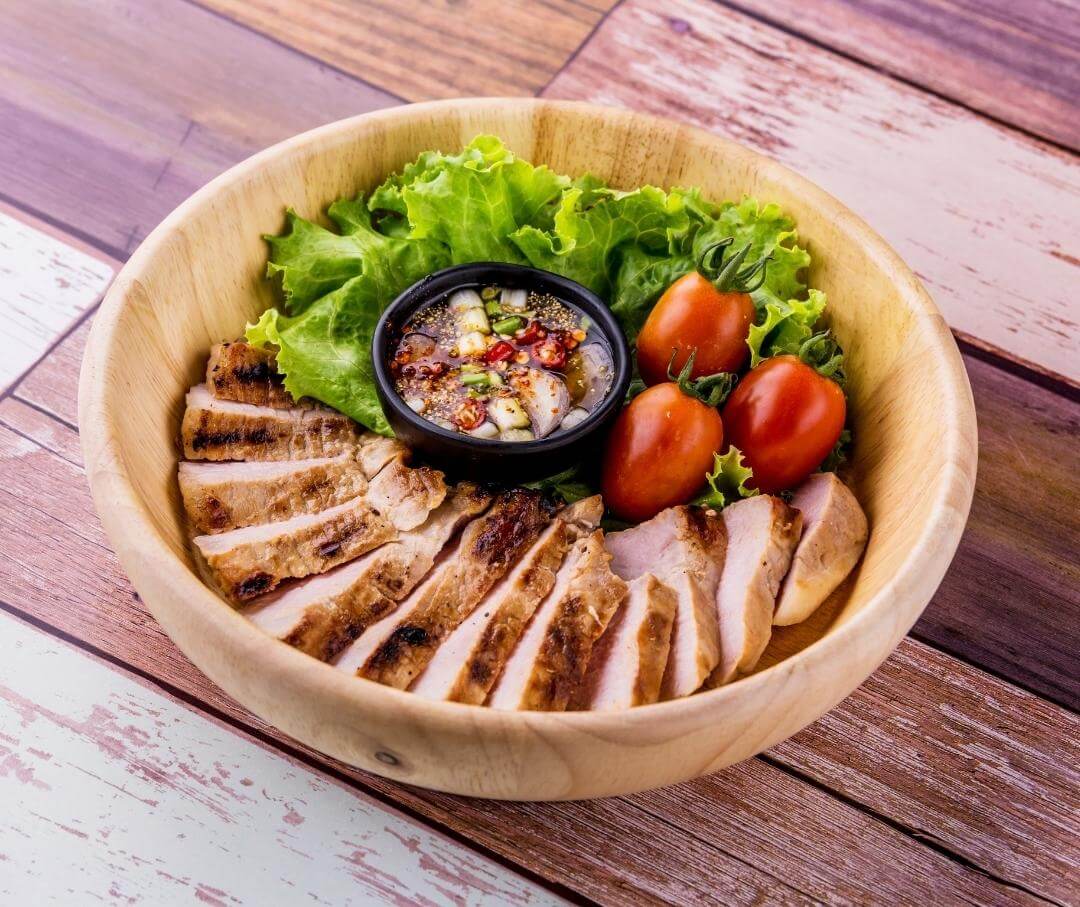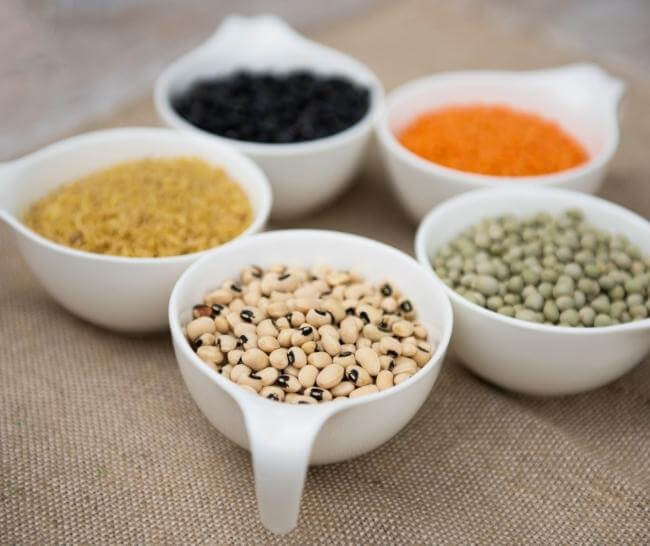My grandmother used to swear she could predict rain by the ache in her knees, and those who struggle with glycemic control concur. In this article we will explore the science behind how temperature impacts blood sugar, and what you can do about it.
Is blood sugar affected by the weather? Indirectly, yes—the weather can affect blood sugar levels. You can expect to see seasonal fluctuations in blood sugar levels.
Depending where you live, temperature and weather can vary drastically. At the population level, the ability to analyze and report glucose data (glucometrics) is essential to helping improve health outcomes and helping others forecast their glycemic control.1 Continuous glucose monitors help us do just that, and medical literature has published fascinating studies on how the weather impacts insulin, blood sugar, and glycemic control.2
Changes in seasons and weather alter the following key variables:3
- Eating (what, when, and how often)
- Sleep length and cycles
- Physical activity
- Hydration
- Stress
<p class="pro-tip"><strong>Learn more about </strong> <a href="/blog/water-lower-blood-sugar">hydration and blood sugar</a>.</p>
Hot Weather & Blood Sugar
Higher ambient temperatures reduce how well the body can use and digest brown adipose tissue, which negatively impacts how well the body can metabolize glucose.
Simple Ways to Support Metabolic Health in Hot Weather
- Keep your body hydrated
Hot temperatures cause the body to sweat more. This leads to fluid loss, dehydration, and higher blood sugar levels, which in turn can lead to more frequent urination, worse dehydration, and shifts in electrolyte levels. If your blood sugar is high, try to lower the spike before participating in activity outside in the heat. Stay hydrated with drinks like LMNT to replenish electrolytes without adding unnecessary sugar. Avoid sugary drinks, like Gatorade or Powerade, because the sugar can actually worsen dehydration.

- Prevent sunburn
Sunburn stresses the body,4 and can increase blood sugar levels. It only takes about 20 minutes in direct midday summer sunshine to develop a sunburn.
Wear sunscreen that contains either titanium or zinc oxide, as these metals are the only true way to block UV exposure. Buy SPF rash guards, wear a hat, and use UV protective sunglasses. Don’t forget to protect your feet, as we wear sandals more often in warmer weather. Those with neuropathy in their feet won’t feel sunburn as quickly.
- Prevent heat exhaustion and heat stroke
When we sweat, the body shunts more blood to our skin in an attempt to release heat. Our cutaneous beds open up, which temporarily reduces the amount of blood reaching our visceral organ beds. This causes us to absorb more insulin temporarily.
<p class="pro-tip"><strong>Learn more about </strong> <a href="/blog/insulin-and-weight">insulin and weight gain</a>.</p>
Cold Weather & Blood Sugar
In cold weather, we spend less time outside, participate in less physical activity, consume less fresh fruits and vegetables, and eat higher amounts of saturated fat. All of this can impact our blood sugar levels.
{{mid-cta}}
Simple Ways to Support Metabolic Health in Cold Weather
- Keep your sleep schedule consistent
Disruption in our sleep cycle alters metabolism.5 If this is accompanied with higher stress levels (cortisol), then you may experience a bump in blood sugar levels.
What you can do: Try to keep a consistent bed and wake time. As the seasons change, you may go to bed earlier or later, but make these changes slowly. The secretion of growth hormone and cortisol tightly follow our circadian rhythm, which can disrupt blood sugar levels.
- Balance your winter diet
Eating habits can change seasonally. Depending on where we live, the holidays that we celebrate, and the religious practices we take part in, it is not uncommon for us to overeat (Thanksgiving) or fast for extended periods of time (Ramadan). The holidays are often infused with refined carbohydrates, saturated fat, alcohol, and other treats. It’s simple to order fast food or delivery to avoid cold weather. Pizza, pasta, and frozen meals are convenient, but they contribute to spikes in your blood sugar.

Hot food may lower insulin sensitivity. One study investigated the different responses of glucose-regulating hormones to cold and hot food and drink in normal subjects and those with type 2 diabetes. As compared to the cold group, those that consumed hot solutions had significantly higher spikes in blood sugar, insulin, and glucagon-like peptide-1 (GLP-1). Continuous glucose monitoring (CGM) showed that in a 24 hour period, the hot group had much higher levels of blood sugar.6
What you can do:
- Create a plan, and stick to a balanced diet. Recruit your friends and family to help keep you accountable.
- Opt for fresh food over convenience. Stock up on seasonally-available produce, and incorporate raw vegetables and fruits into your winter diet.
<p class="pro-tip"><strong>Learn about </strong> <a href="/blog/holiday-healthy-eating-tips">healthy eating tips for the holidays</a>.</p>
- Stay active
Don’t let cold weather be an excuse to skip workouts! Population studies show us that in the winter we tend to spend less time outside and participate in less physical activity. Numerous studies show that exercise helps to improve glycemic control, but many of us exercise less in the winter. Diabetics in particular tend to see annual post-winter increases in blood sugar and A1c levels.7
What you can do: If you do most of your exercise outside during the warmer months, look for ways to keep up your exercise during the winter. You can bundle up and go for walks, or get involved with indoor sports, like tennis, yoga, indoor swimming, or even work out at home using online videos.
- Try to avoid getting sick
Try to avoid viral infections, like the flu, COVID-19, or other winter related illnesses. When the body is fighting a virus, blood sugar can oscillate drastically. For severe illness, you may be prescribed steroids, which can contribute to blood sugar spikes,8 but can be lifesaving.
What you can do: If you know that you struggle with oscillations in blood sugar, be sure to communicate this to your healthcare provider before starting steroids, or any prescription medication.
How Big Is the Overall Effect of Weather & Temperature on Blood Sugar Levels?
Weather and temperature fluctuations can have an indirect but significant impact on blood sugar levels. Be sure to stay hydrated, avoid overheating, and check your blood sugar before, during, and after exercise in hot weather. Be aware that hot temperatures can spike your blood sugar, and avoid the temptation to resort to comfort food in the winter. Stay active all year.
With these tips in mind, you’ll be that much more resilient in using your continuous glucose monitor to maintain stable blood sugar year round.
<p class="pro-tip"><strong>Keep reading about </strong> <a href="/blog/how-to-stop-overeating">how to stop overeating: tips from an RDN</a>.</p>
- Item 1
- Item 2
- item 3
Topics discussed in this article:
References
- Vasileiou, V., Kyratzoglou, E., Paschou, S. A., Kyprianou, M., & Anastasiou, E. (2018). The impact of environmental temperature on the diagnosis of gestational diabetes mellitus, European Journal of Endocrinology, 178(3), 209-214. Retrieved Aug 8, 2022, from https://eje.bioscientifica.com/view/journals/eje/178/3/EJE-17-0730.xml
- Campbell, M. J., & Jones, B. W. (1972). Cyclic changes in insulin needs of an unstable diabetic. Science (New York, N.Y.), 177(4052), 889–891. https://doi.org/10.1126/science.177.4052.889
- Ryu, OH., Lee, S., Yoo, H.J. et al. Seasonal variations in glycemic control of type 2 diabetes in Korean women. J Endocrinol Invest 37, 575–581 (2014). https://doi.org/10.1007/s40618-014-0080-y
- Lorincz AL. PHYSIOLOGICAL AND PATHOLOGICAL CHANGES IN SKIN FROM SUNBURN AND SUNTAN. JAMA. 1960;173(11):1227–1231. doi:10.1001/jama.1960.73020290008011
- Pagano, R. (2019). The Effectiveness of Your Diet Depends on How You Sleep. Retrieved August 8, 2022, from: https://www.sleepline.com/sleep-diet/
- Hu, Y., Zhang, P., Ding, B., Cao, X., Zhong, Y., Lee, K. O., & Ma, J. H. (2022). Response of blood glucose and GLP-1 to different food temperature in normal subject and patients with type 2 diabetes. Nutrition & diabetes, 12(1), 28. https://doi.org/10.1038/s41387-022-00208-0
- Dasgupta, K., Chan, C., Da Costa, D. et al. Walking behaviour and glycemic control in type 2 diabetes: seasonal and gender differences-Study design and methods. Cardiovasc Diabetol 6, 1 (2007). https://doi.org/10.1186/1475-2840-6-1
- HART F. D. (1960). Dexamethasone. Postgraduate medical journal, 36(411), 26–27. https://doi.org/10.1136/pgmj.36.411.26
































